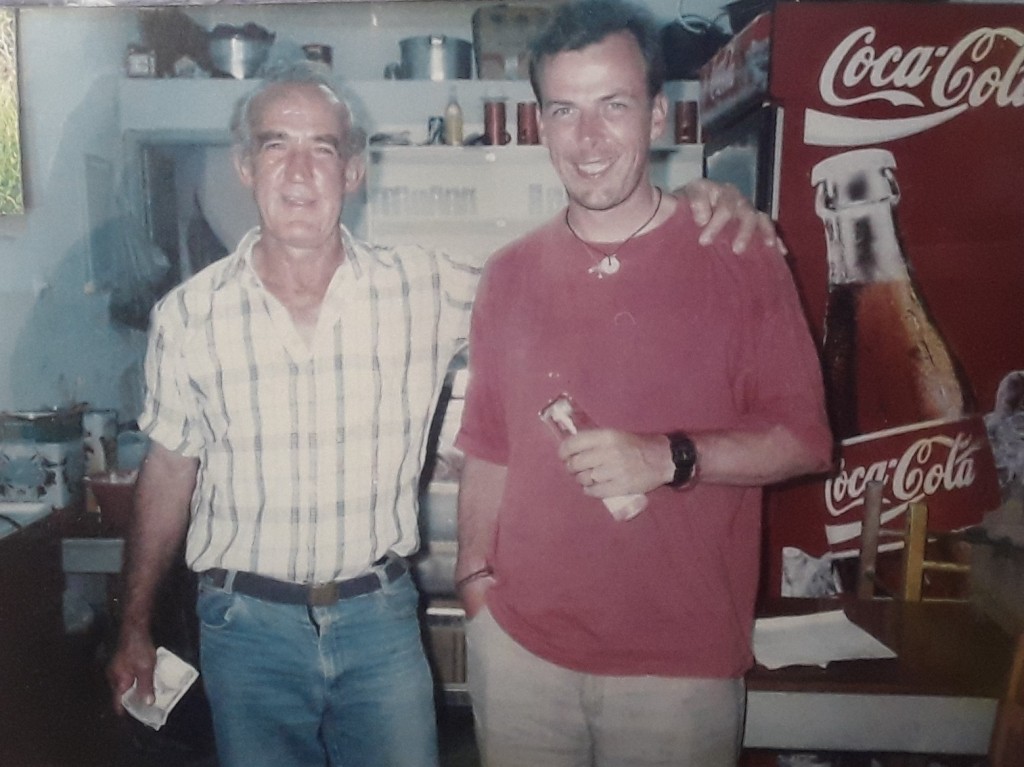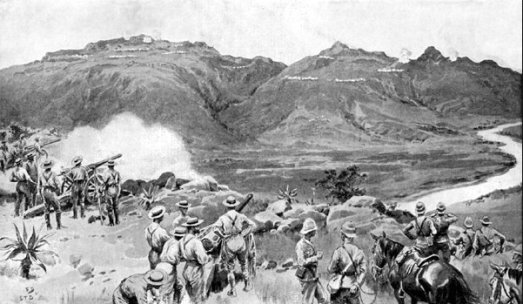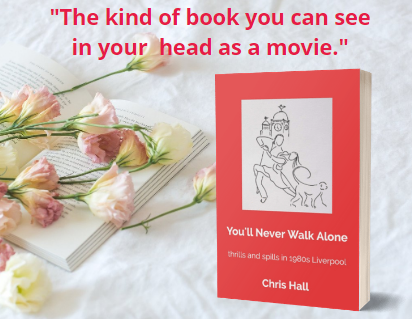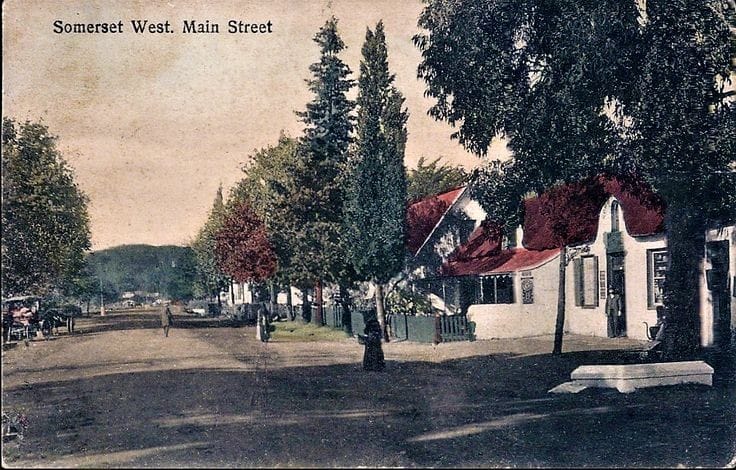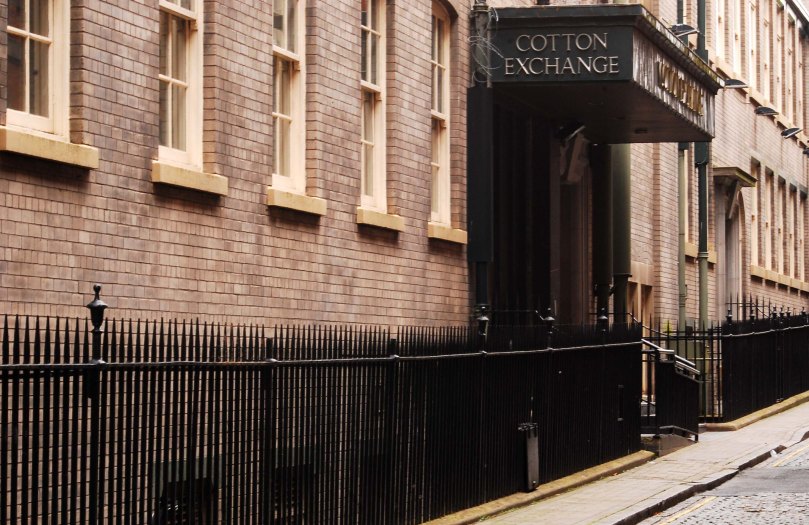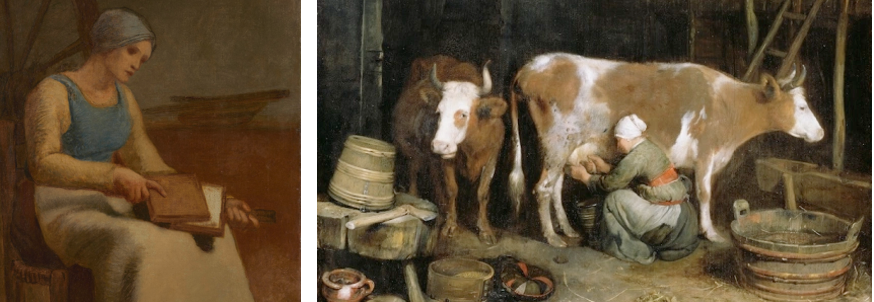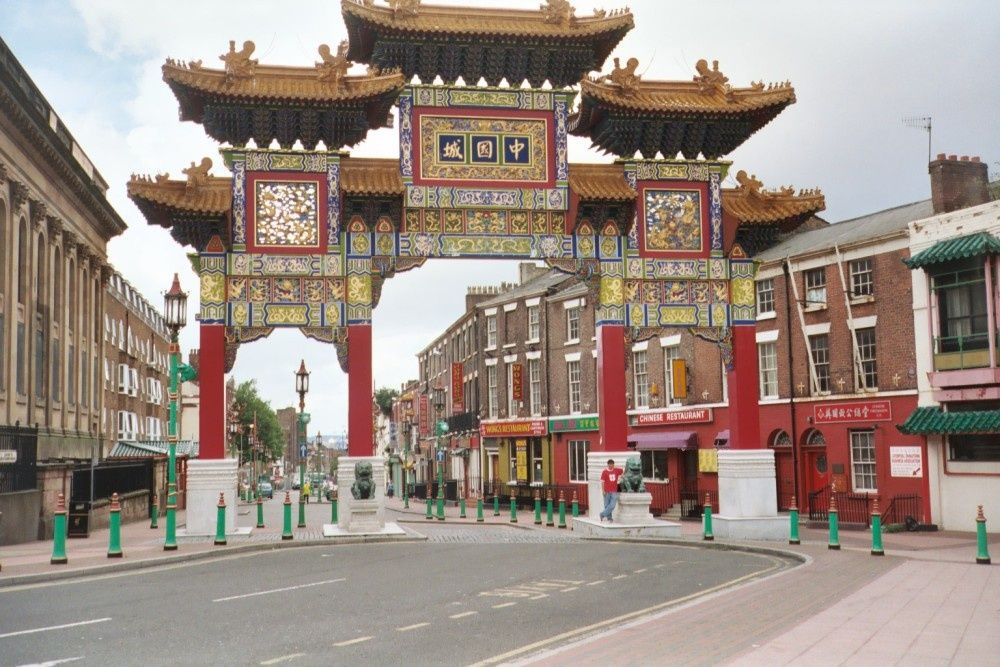Let me introduce you to these two fine gentlemen: on your right is my husband, Cliff (he had hair then!) and on the left is Andreas, the man who made the best chips we’d ever tasted! It’s because of him that the fictional little town in my novel, Song of the Sea Goddess, has a café owned by a Greek, who makes the ‘best chips on the whole of the west coast’.
Back in the late 1980s and 1990s, we spent almost every holiday island hopping around Greece. I was counting them up, and we’ve visited twenty islands over the years (several more than once) and adding all those visits up, we spent at more than a year altogether in that beautiful country. We’d go at the start and end of the holiday season, two weeks in both May and September, taking any cheap flight we could find. Then, armed with a laden rucksack, a few guide books and book of ferry timetables, off we’d go.
We became increasing adventurous over the years and would try to seek out the less well-known islands and the more off-the-beaten track locations. We avoided the popular places plagued by package tourists, seeking a more authentic Greece (and escaping the Brits on holiday). I’d do my research in the local library, poring over Greek guide books on a Saturday morning after the unavoidable weekend shopping. One year, a photograph of some unusually decorated buildings caught my eye. My reaction? We have to go there!
And so we did! Here are a couple of photos from our visit. You can just make out the shaded roof garden at the top of the picture on the left. ‘Captured’ by Dmitri off the afternoon bus from the port of Chios, he offered us his rooftop room for rent. Accessed by a rather precarious metal stairway, it had all we needed, including a wonderful view.
On the right is an example of the xysta, the intricate wall decorations that first caught my eye. These adorn many of Pyrgi’s houses and are unique to this medieval village. These patterns aren’t painted, they are scratched into the surface plaster. They are everywhere!
The centre of the village is dominated by a large square, filled with chairs and tables belonging to a handful of tiny bars and restaurants which ring the square itself. In the evening, we found the square was filled with people eating, drinking and chatting while their children played on the periphery. It was here we came across Andreas, who owned the tiniest of restaurants in one corner of the square. His menu was simple, but fresh and delicious – and he made these wonderful chips, served with a generous dollop of tzatziki (thick Greek yoghurt mixed with salted and drained cucumber, garlic, mint and olive oil). Over several evening visits we came to know a little bit about his past, particularly about his time in the merchant navy, an occupation he shared with Cliff’s younger brother.
Spool on to November 2019, when I started writing Song of the Sea Goddess and although I’d not thought about him for years, Andreas suddenly stepped out from the doorway of a building by the harbour in my fictional little town on the west coast of South Africa. He seemed to be very at home and he hadn’t aged a bit!
You can take a little tour of Pyrgi on this clip I found on You Tube:
I hope you enjoyed that. Now, let’s see what my version of Andreas is up to in his little harbourside café.
Excerpt from Song of the Sea Goddess
Later that morning when Porcupine returns to the harbour, Andreas is picking up the battered tin bowl that has been licked clean by the scruffy little dog, which he’s taken to feeding with scraps from his kitchen. He raises a hand in greeting to Sam and Jannie.
‘There’s coffee still in the pot,’ shouts Andreas.
‘Should we tell him about the gold?’ Sam asks as they across the yard.
‘Could be he knows something about treasure like that. He was at sea far longer than I was and he sailed in different waters,’ says Jannie. ‘But I’m not so sure. You know he gossips like no tomorrow.’
Sam shrugs. ‘We don’t have to tell him the whole story.’
‘You mean say it’s something we just heard…’
‘…from a friend of a friend.’
The two men grin at each other.
The two conspirators enter through the back door of Andreas’s little café. Moments later they’re sitting at the counter while Andreas fills two tiny cups with thick, sweet Greek coffee and sets them down on the counter in front them.
‘So what’s new?’ asks the café owner as he resumes his slicing and chopping in preparation for lunchtime. Andreas serves up a simple menu from his native Greece: fried fish, kebabs, chips and salad. He makes the best chips on the whole of the west coast and if you can’t afford meat or fish, you can always dip your chips in his thick, garlicky tzatziki. It is this that he’s busy making.
Andreas frowns as Sam explains about the friend of a friend and the strange pot of gold coins which no-one can touch with their bare hands. The wiry old Greek listens until Sam has finished, then throws his head back and laughs.
‘Well, you must know what that is,’ he exclaims.
‘What d’you mean?’ Jannie asks. ‘I sailed around the South China seas and in the cold waters of the far north, but I’ve never heard of such a thing.’
‘Really? And you’ve never heard of the ‘treasure that can’t be touched’?’
Jannie shakes his head.
‘They say it’s the old gold of Atlantis.’
‘Atlantis?’
‘Yes, you know, the lost city…’
Jannie shakes his head. ‘That’s just a legend. It doesn’t exist.’
Andreas chuckles. ‘Well, gold coins that burn your fingers don’t exist either.” He shakes his head. ‘Come on guys, I’m having a joke with you.’ He pours them a second cup of coffee. Then he notices the coin shaped scar on Sam’s right hand. He points to the scar and raises his bushy grey eyebrows. ‘Don’t tell me. That’s how you got that scar?’ Andreas’s eyes widen. ‘That’s what you were off-loading earlier, is it?’
‘What do you mean?’ asks Jannie. He cocks his head sideways feigning innocence.
‘Well,’ Andreas leans forward on the counter, his chin resting on his hand, ‘when Porcupine first entered the harbour this morning, she was sitting very low in the water. I thought Sam here had made it big. A net full of snoek maybe. But after he tied up the boat, rather than landing his catch, he called you over, Jannie. Then a few minutes later, deep in conversation and looking a little shifty by the way, you were both on the boat and heading out of the harbour.’
Andreas pauses, looking from one friend to the other. He grins. ‘I figured it wasn’t an illegal haul of perlemoen, since that wouldn’t have weighed so heavy. Nor crayfish.’ He wags his finger slowly from side to side. ‘And in any case, neither of you would do such a thing, would you?’
Sam and Jannie remain silent for a moment.
‘Okay then, Sam,’ Andreas says. ‘Where did you find this treasure you can’t touch? And what have you done with it?’
Sam and Jannie exchange glances.
Amazon: USA ~ UK ~ IND ~ AUS ~ CAN ~ ESP ~ South Africa and the Rest of the World
Download from Kobo: ebook ~ audiobook
The audiobook is available on most popular audiobook stores – listen to a sample here
